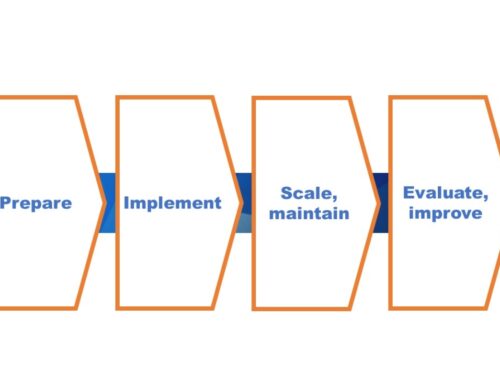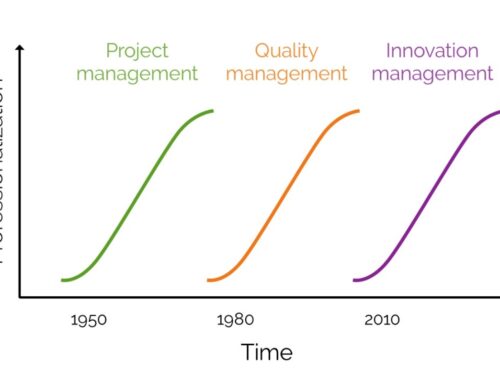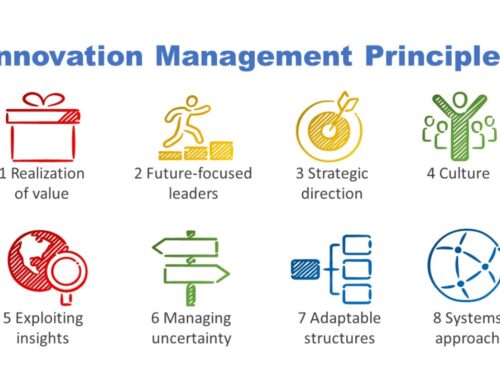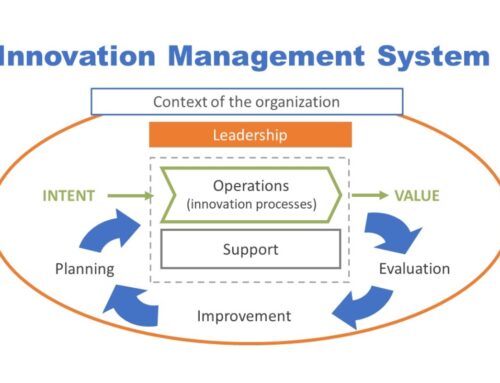What is innovation?

A shared understanding of what innovation means is key for building an effective innovation management system. ISO is providing a broad definition with a focus on novelty and value.
Towards a common definition
There are many proposed definitions of innovation out there. The lack of a common language is one barrier for innovating effectively in and across organizations, as well as for public efforts to promote innovation activities in general.
The definition used in ISO standards is broad, inclusive, and focus on two fundamental characteristics: novelty and value. Value is not limited to financial value but can be any kind of value, such as an experience, well-being, or social value. Furthermore, anything can be innovated according to the definition. The innovation entity can be, for example a product, service, process, model, method, etc., ranging from incremental to radical.
Innovation is an outcome
Innovation is defined as a “new or changed entity, realizing or redistributing value”. According to the definition, innovation is an outcome, rather than a process or activity. The broad nature of this definition often requires the use of one or more attributes in order to be more specific, for example process innovation, incremental innovation, radical business model innovation, or social innovation.
ISO-OECD collaboration
ISO published the first definition of innovation in ISO 9001:2015. It has been further elaborated and published in ISO 56000:2020 Innovation management – Fundamentals and vocabulary. There has been close collaboration on definitions between ISO and the OECD during the development of the Oslo Manual 2018 (4th edition).
The definition is intended to provide a foundation and common reference that organizations can use as a starting point and relate to, even if they choose to have a different definition.
Updated 2020-06-01





